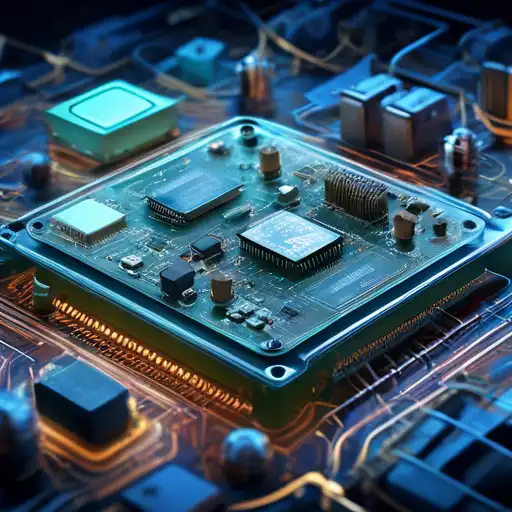The Hidden Power of Embedded Systems in Modern Smart Devices
Embedded systems are the cornerstone of today's smart devices, acting as the brains behind their functionality. These specialized computing systems are designed to perform dedicated functions within larger mechanical or electrical systems. From smartphones to smart refrigerators, embedded systems make our devices smarter, more efficient, and more connected.
What Are Embedded Systems?
An embedded system is a combination of computer hardware and software, either fixed in capability or programmable, that is specifically designed for a particular function. Unlike general-purpose computers, which are designed to handle a wide range of computing tasks, embedded systems are optimized for their specific tasks, leading to increased efficiency and performance.
The Role of Embedded Systems in Smart Devices
Smart devices rely on embedded systems to process data, connect to other devices, and perform their intended functions seamlessly. For example, in a smart thermostat, the embedded system controls the temperature based on user preferences and environmental conditions, ensuring energy efficiency and comfort.
Key Components of Embedded Systems
- Microcontrollers: The heart of an embedded system, microcontrollers are compact integrated circuits designed to govern a specific operation in an embedded system.
- Sensors: These components collect data from the environment, such as temperature or light levels, which the system then processes.
- Actuators: Actuators convert the system's electrical signals into physical action, such as turning on a light or adjusting a motor's speed.
- Software: The software in embedded systems is tailored to the hardware it runs on, ensuring optimal performance and efficiency.
Benefits of Embedded Systems in Smart Devices
Embedded systems offer numerous benefits, including reduced size and cost, increased reliability, and lower power consumption. These advantages make them ideal for use in a wide range of smart devices, from wearable technology to home automation systems.
Future Trends in Embedded Systems
The future of embedded systems is closely tied to the growth of the Internet of Things (IoT). As more devices become connected, the demand for sophisticated embedded systems that can handle complex tasks and communicate seamlessly with other devices will continue to rise. Innovations in artificial intelligence and machine learning are also expected to play a significant role in the evolution of embedded systems.
Embedded systems are the unsung heroes of the digital age, powering the smart devices that make our lives easier and more connected. As technology continues to advance, the importance of embedded systems in our daily lives will only grow, making them a key area of focus for developers and engineers alike.
